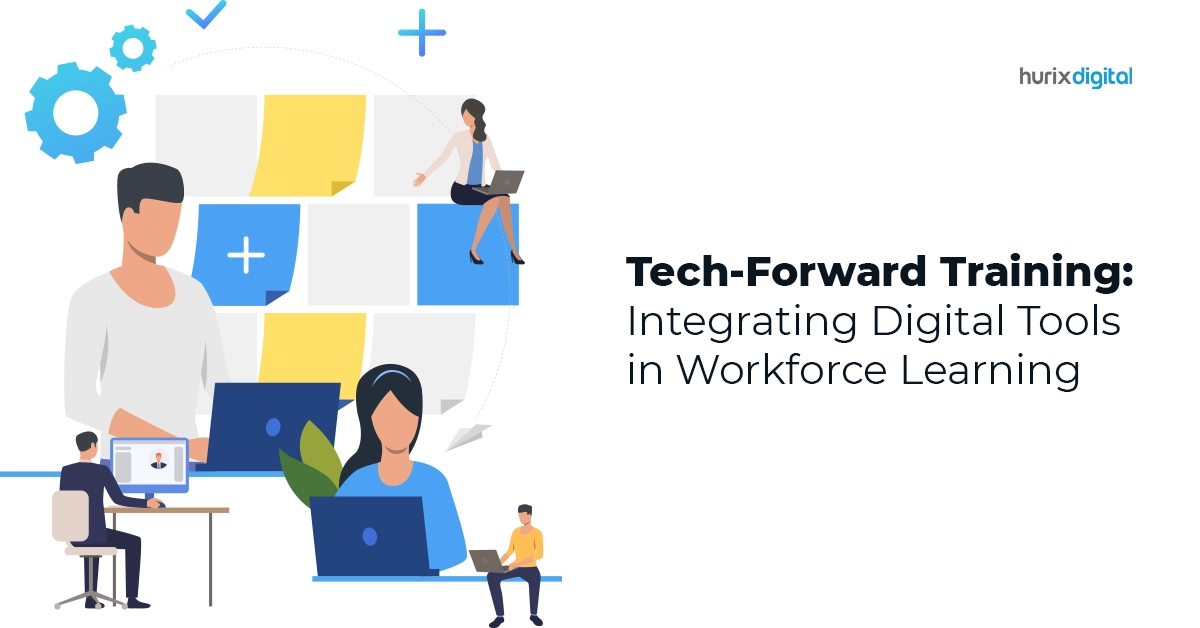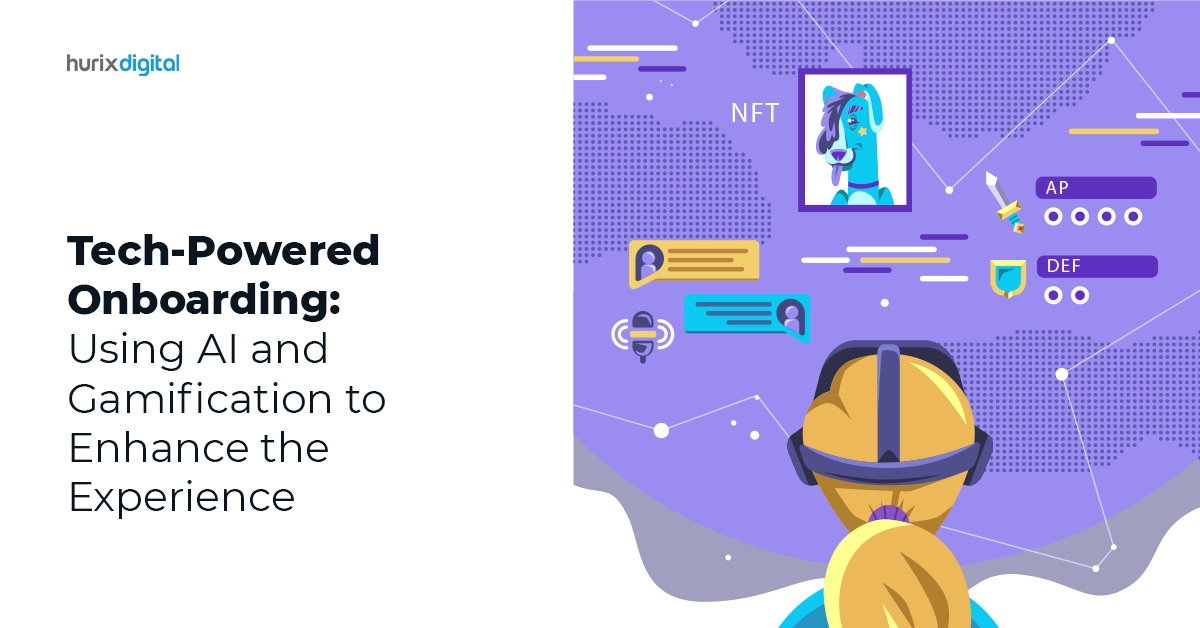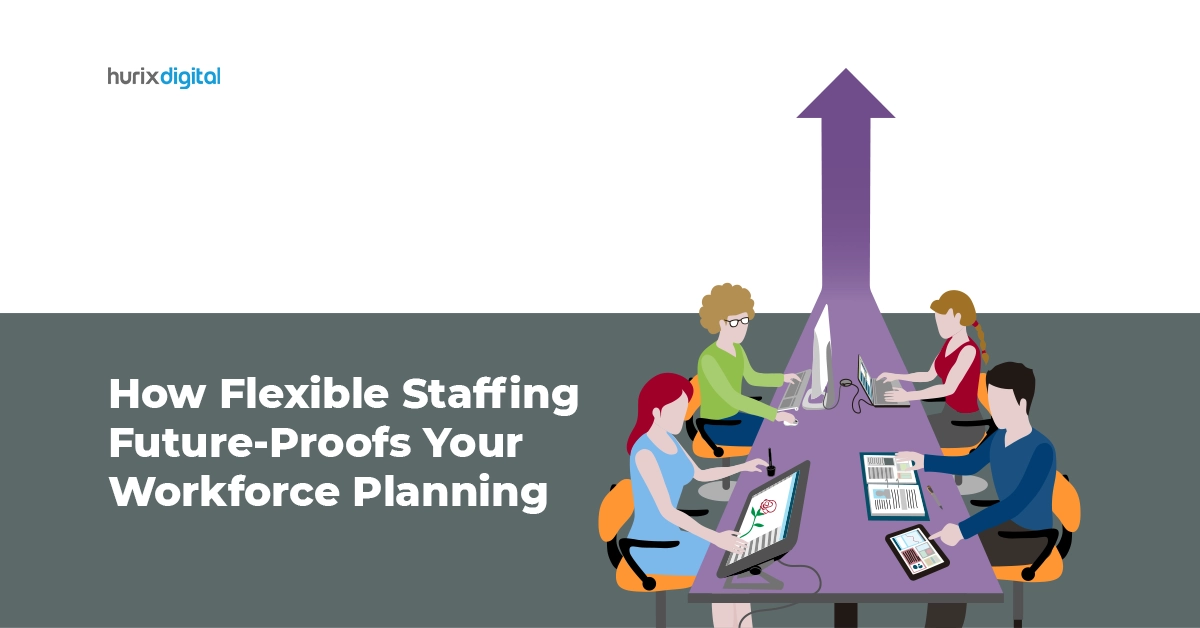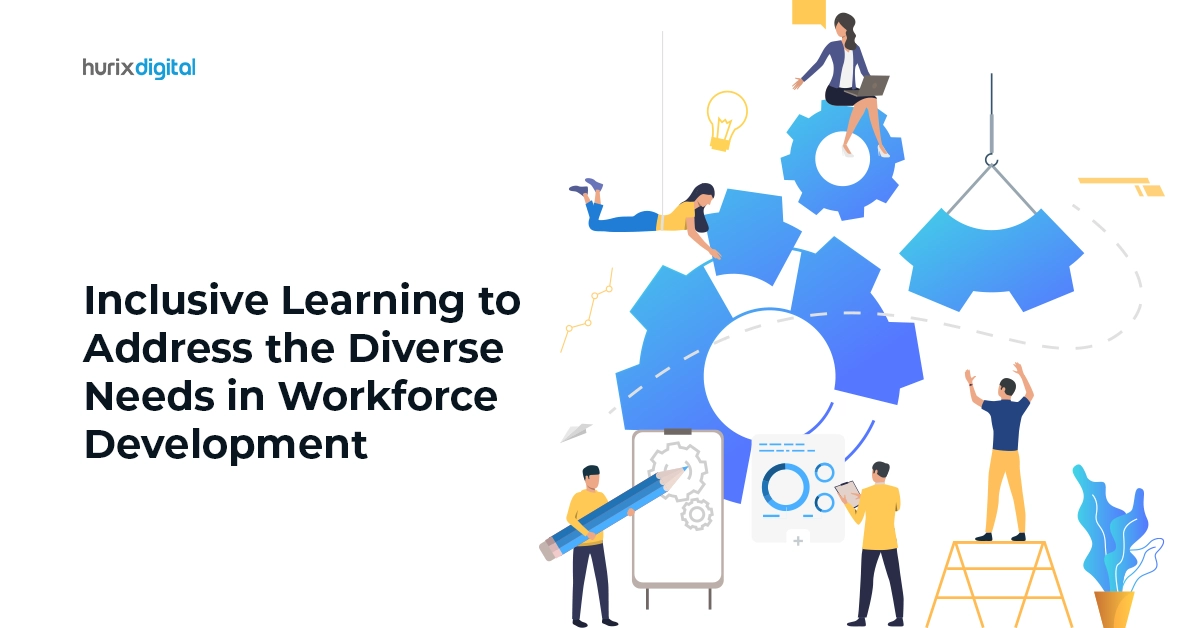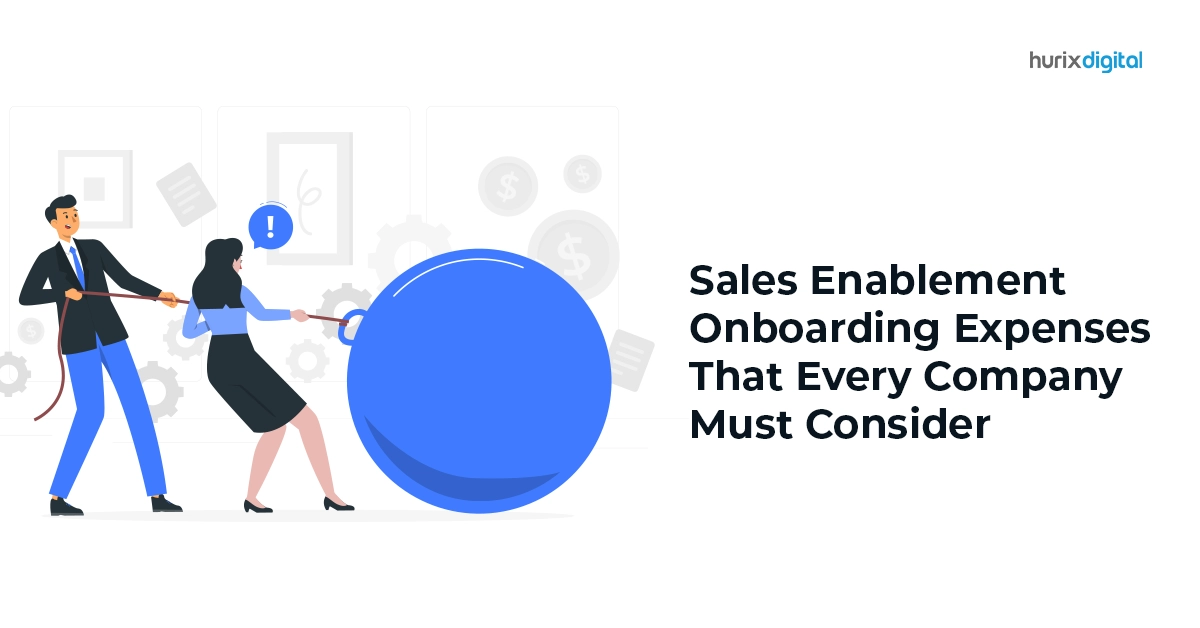Summary
This article discusses the challenges that hinder the effectiveness of corporate employee training programs. It also provides a few ways to overcome these challenges.
Corporate training programs play a pivotal role in building the knowledge, skills, and attitudes that shape an organization’s success. Effective employee training and development are crucial to staying competitive and adapting to the ever-changing landscape of technology and business practices. Unfortunately, many companies struggle with ineffective training programs that fail to yield the desired results.
To move from ineffective training methods to impactful learning experiences, organizations must address the challenges of training employees and adopt modern, well-designed training solutions that are aligned with your business objectives and learning needs.
We explore some of the challenges around training and development that render employee training ineffective in this insightful article. We also look at a few ways to address these challenges.
Table of Contents:
Current Issues in Training and Development
Numerous challenges hinder the effectiveness of corporate employee training programs offered by organizations across industries.
1. Standards & Quality
Traditional training methods like seminars or classroom lectures are, more often than not, standardized. Depending on the skills of individual facilitators, these sessions could work very well or completely fail to address the employees’ learning needs. Additionally, these methods are not in step with the rapidly evolving technology and market trends and often do not leverage the value technology can offer. This renders the training content obsolete by the time it reaches the employees.
The accelerated shift toward hybrid workplaces challenges organizations to deliver engaging and effective learning experiences in a virtual environment. Ensuring employees remain motivated and connected during remote training sessions has become another pressing concern.
2. Lack of Alignment
One of the most significant issues in training and development is the lack of alignment with business objectives. When training is not tailored to address specific skill gaps or organizational needs, it becomes an isolated activity that fails to impact the bottom line. Moreover, the absence of a clear and measurable training evaluation strategy leaves companies uncertain about the effectiveness of their training efforts.
Also Read: Top 5 Reasons to Consider Learning and Development for Your Workforce
3. Limited or No Hands-on Practice
Another challenge faced by corporate training programs is the lack of interactivity and hands-on learning experiences. Without practical application and reinforcement of newly acquired skills, employees may struggle to transfer knowledge to their job roles effectively.
Training programs that rely solely on passive learning through lectures or lengthy slide presentations do not engage learners effectively. Without active participation and opportunities for practice, employees may find it challenging to apply their knowledge when facing real challenges at work.
4. Ineffective Training Methods
Ineffective training methods can manifest in various ways, such as content overload, lack of real-world application, and monotonous delivery. When employees are bombarded with information, it causes cognitive overload, resulting in poor retention of crucial concepts.
5. Training and Development Problems and Solutions
To transform an ineffective training program into an impactful one, organizations must embrace modern solutions that address current challenges. Here are some key steps to consider:
- Needs Assessment: Conduct a thorough needs assessment to identify skill gaps and align training objectives with organizational goals. This process ensures that training efforts directly contribute to the company’s success.
- Interactive Learning: Incorporate interactive elements into training programs, such as simulations, gamification, and scenario-based learning. These approaches enhance engagement and promote practical application.
- Blended Learning: Combine online corporate training with in-person workshops or virtual instructor-led sessions. Blended learning allows for a more personalized experience and accommodates diverse learning preferences.
- Microlearning: Break down training content into bite-sized modules, making it easier for employees to digest and apply knowledge as needed. Microlearning fits well into busy schedules and encourages self-directed learning.
- Continuous Learning Culture: Foster a culture of continuous learning where employees are encouraged to seek opportunities for skill development beyond formal training programs. Encourage peer learning and knowledge sharing within the organization.
- Learning Analytics: Implement learning analytics to track the effectiveness of training initiatives continually. This data-driven approach allows organizations to make data-backed decisions, refine training strategies, and measure the return on investment (ROI) of training efforts.
Also Read: Scenario-Based Learning to Boost the eLearning Experience & ROI
Conclusion
Transforming an ineffective employee training program into an impactful one requires a strategic and holistic approach. By addressing the challenges of training employees through modern corporate training solutions, organizations can equip their workforce with the skills needed to thrive in the current business landscape.
By leveraging technology, interactive learning, and data analytics, businesses can design training programs that foster skill development, increase employee engagement, and ultimately drive business growth.
Are you ready to unlock the true potential of your workforce through effective and impactful learning experiences? At Hurix Digital, we specialize in designing corporate training solutions that address the challenges of training employees and drive business success.
Our team of experienced learning design experts understands the importance of aligning training programs with your organization’s unique objectives. Contact us today at marketing@hurix.com to begin your journey toward a more knowledgeable, motivated, and high-performing workforce.



